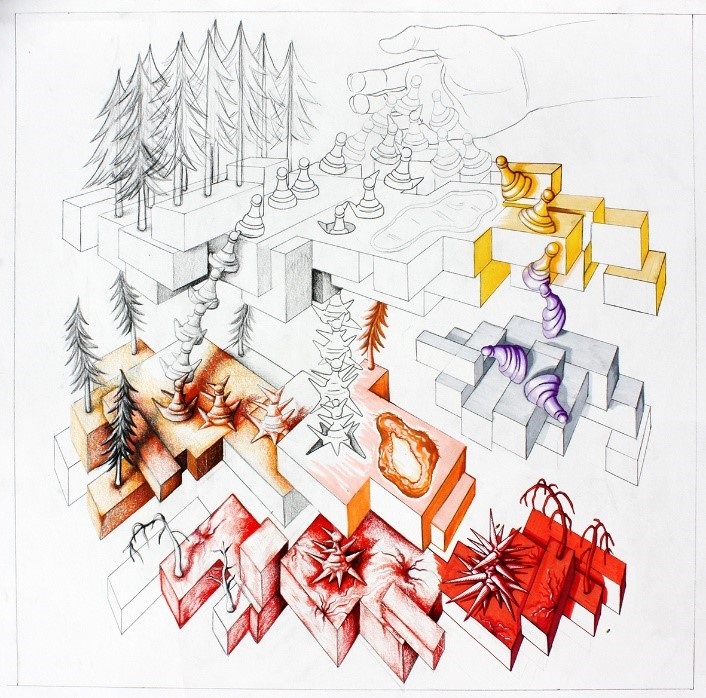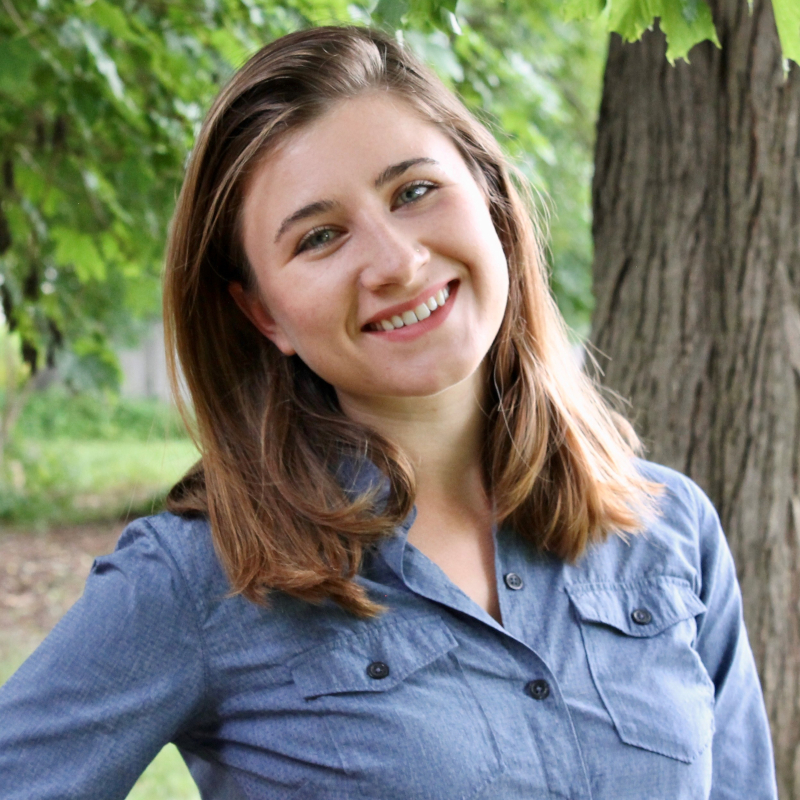Two of the Guest Editors of Philosophical Transactions B reflect on their experience.

Philosophical Transactions B has recently published an issue on ‘The role of plasticity in phenotypic adaptation to rapid environmental change’. Two of the Guest Editors, Dr Rebecca Fox (Postdoctoral Research Fellow at the Australian National University) and Dr Jennifer Donelson (Postdoctoral Research Fellow at James Cook University) have kindly taken the time to reflect on their experience.
The idea for our theme issue started back in 2016, when the group of us were writing a proposal for a special session at the Indo-Pacific Fish Conference (IPFC 2017) on the role that phenotypic plasticity might play in enabling marine fishes to respond to global change. At around the same time, we saw an email from Royal Society Publishing calling for proposals for theme issues of Philosophical Transactions B. This got us thinking: could we potentially expand on our IPFC session to bring together a collection of contributions that would examine the importance of plasticity in phenotypic adaptation more generally?
…then came the fun part – choosing potential contributors. For a group of early career researchers (ECRs), this was like being a kid in a candy store.
With our ideas sketched out, then came the fun part – choosing potential contributors. For a group of early career researchers (ECRs), this was like being a kid in a candy store. We generated long lists of scientists whose work we admired and who were generating exciting research findings in the field of phenotypic plasticity. Then we set about refining the list so as to ensure topic, gender and geographic balance. We were left with an embarrassment of riches, with enough fantastic researchers to fill several issues. Each of us picked our top targets and we started the process of writing to potential contributors. With a shortlist of provisional acceptances under our belt, we were ready to submit our proposal for the October 2017 deadline. Maybe we would really be able to do this?
If at first you don’t succeed…
Our first theme issue proposal was rejected but the review process gave us some very useful feedback and the Editorial Board kindly gave us the opportunity to submit a revised version of our proposal. After some frantic work through the Christmas period, our revised proposal was ready for the January 2018 submission deadline. In the March of that year we were given the green light for our issue. So began the 9 month gestation period of our ‘baby’ (during which time one of us really did have a baby – well, his wife did!).
All made possible by gracious hosts…
When you think about it, the idea of being a guest editor is a veritable minefield, fraught with potential calamity. Here you are, entrusted with the reputation of one of the oldest, most venerable journals in your field, parachuted into the role with little editorial experience and absolutely no idea of the fine-scale logistics required in putting an issue to press. However, there was absolutely no need for us to fear. Helen and her colleagues at the Royal Society were the perfect hosts: giving us the benefit of their wisdom and experience, guiding us through the process and ever-so-gently steering us back on course whenever we were at risk of veering into trouble or away from schedule. We cannot thank the whole Editorial Office team enough for their professionalism and dedication.
Get in touch with your creative side!
We also took the opportunity to make a connection with a more unlikely collaborator – Australian artist Damien Veal. When it came to choosing a cover image for our theme issue, we were conscious of the very unique identity of Phil Trans B. In addition, our theme issue was not based around an obvious model organism to feature on the cover. So we decided to get in touch with our creative side, to think outside the box a little and explore the interpretation of science through art. We therefore approached Damien to see if he would be interested in putting his own interpretation on phenotypic plasticity and adaptation to environmental change – a tall order, but we think he did a fantastic job! He came up with the idea of pawns navigating the game of environmental change: there are a number of ways to travel through the layers – via phenotypic plasticity or adaptation, or both.
Final reflections
First: gender balance is not difficult to achieve in our field. For the peer reviewers and authors we selected, the numbers were almost equal, and at no time did we have to go out of our way to identify leading female researchers in our field. Anyone who claims they can’t achieve gender balance in this field just isn’t thinking.
Second, guest-editing this theme issue let us see the best parts of science and, in many ways, reaffirmed our faith in the scientific community. From the generous responses from eminent researchers when approached for potential submissions (we only received two – very politely worded! – knock-backs); to the willingness of reviewers to give up their time to provide constructive feedback on the manuscripts of their peers (only a handful of our requests to review were declined).
Finally, as ECRs, getting to see the submission process from the other side of the dashboard was a valuable experience – and one that we can hopefully take into future editorial roles later in our careers. In addition, it has allowed us to make new connections with world-leaders in our field of research that would otherwise have been much more difficult, if not impossible, to foster.
Our advice to others? If you can make the time to organize a special issue with a group of co-editors that you can rely on – do it. It was an enjoyable and extremely rewarding process.
Has this blog inspired you? If so, find out more about how you could be the next Guest Editor of Philosophical Transactions B.





